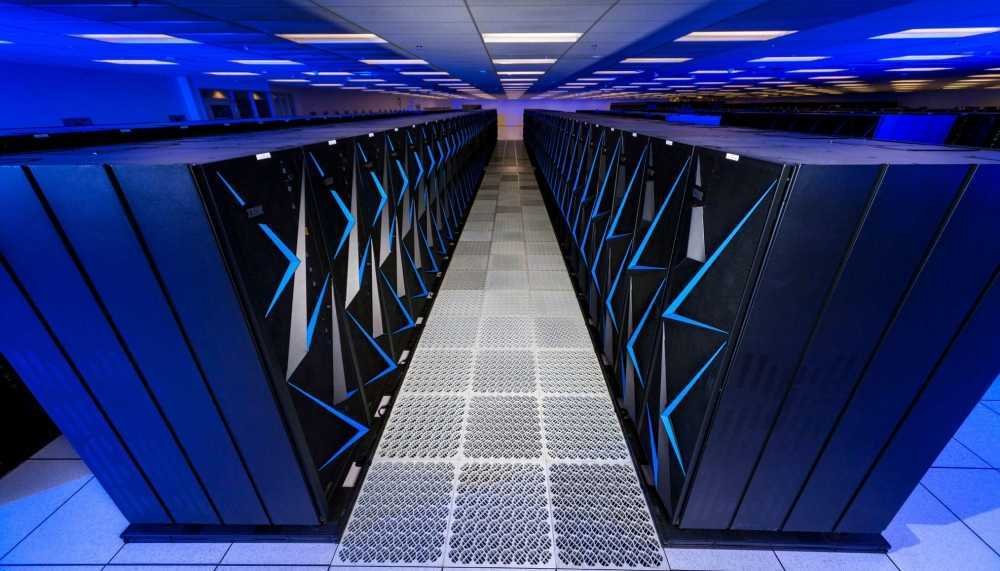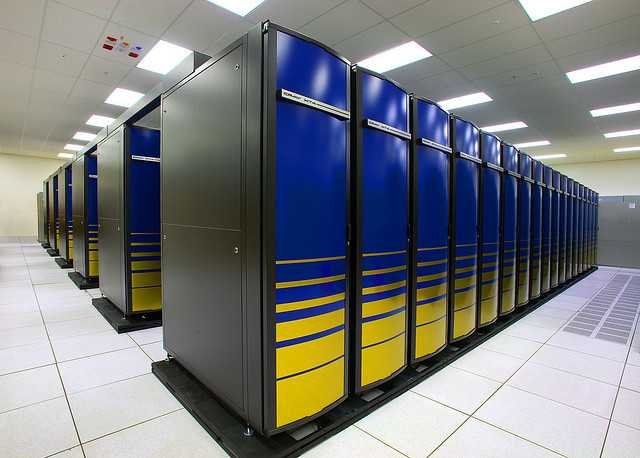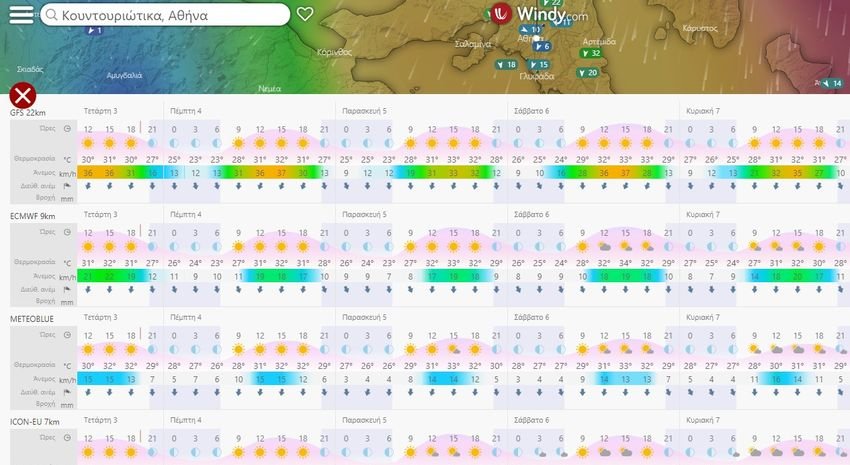Supercomputers are huge machines that can perform four million operations per second. But what exactly is a supercomputer and how are they used?

It's easy to forget how fast technology is developing. Just over 50 years ago, man first set foot on the moon using technology that was unbelievably low by today's standards.
In fact, your mobile phone is already millions of times more powerful than all the combined computing power of NASA used for the Apollo 11 mission in 1969.
Things have changed so quickly that we now have supercomputers that help us understand the world, organize data and work faster than ever before. Let's find out what supercomputers are, how massive they are and what they are used for.
What is a supercomputer?

A supercomputer performs the same data storage and processing function as a normal personal computer, but on a scale so large that it is hard to imagine. Inside a supercomputer are multiple clusters of processing units that help perform operations a million times faster than your average laptop or desktop computer.
While older computers were measured in IPS (Instructions Per Second), supercomputers are measured in FLOPS (FLoating point Operations Per Second = floating point operations per second). The higher this number, the more powerful a supercomputer.
At the moment the fastest supercomputer in the world is the Frontier, developed by Hewlett Packard Enterprise, and located in Tennessee, United States. This supercomputer cost $600 million and each of its 74 cabinets weighs 3.600 kilograms. The total space it occupies is 680 square meters and it needs 21MW of electricity (your house consumes an average of 4-6KW).
In 2022, it dethroned the Japanese supercomputer Fugaku, who previously held the title. The Frontier is the world's first exascale supercomputer, meaning it can perform one million floating-point calculations (also called exaflops or EFLOPS) per second.
To give you some perspective, Apple's most powerful M1 Ultra chip clocks in at around 21 teraflops, or TFLOPS (one trillion FLOPS). And while that's impressive, you'd be surprised to learn that the Earth supercomputer Simulator of the Japanese tech giant NEC Corporation already had speeds of around 36 teraflops in 2002!
What is a supercomputer for?
We think we've established that supercomputers are really fast, bulky, and require a lot of electrical power to run, but what do they actually do? What real benefit do they offer? Well, supercomputers can be used in any field that requires the processing of large amounts of data. Here are some examples:
1. Weather forecast

Perhaps the simplest application of supercomputers is to improve the accuracy of weather forecasts. By collecting and processing more weather data and taking into account the accuracy of past forecasts, supercomputers help us predict the weather more accurately and quickly.
Essentially, they accept the data from the neighboring weather observation stations up to the satellites, they have in their memory all the previous events of all the years and thus "run" possible scenarios for what the weather will be like within a certain period of time. The calculation is done for square areas on the map of the Earth and that is why you will see in a forecast which scenario was used and in how small a square.
E.g. If you see GFS 13Km, it means the weather forecast system (probability scenario based on past indications) GFS with an accuracy of 13X13km was used. The smaller the number, the more precision we have, the more calculations. And from weather systems there are several (GFS, WG, WRF, Zephr-HD, ICON, HIRLAM, GDPS, ECMWF etc).

Why so many? Because weather forecasting is hypothetical work, modeling and based on probabilities. And it requires many, many calculations before it reaches a "safe" conclusion about the weather for the next 24 hours. And each system is built to focus on the events of a geographic region (eg North America, Western Europe, Australia, etc.).
As a byproduct, supercomputers can also help us understand the effects of climate change and find ways to slow it down. We know that Microsoft is building a supercomputer for the same purpose with a billion-pound investment from government of the United Kingdom.
2. Run simulations

Running simulations is a great way to predict the outcome of an activity without actually doing it. For example, aircraft operation simulations help to understand atmospheric resistance and create more aerodynamic designs. This helps make airplanes safer and more fuel efficient.
Another example is running simulated nuclear tests and conducting experiments and demonstrations for military use. Tests that can be done in a simulation would otherwise have to be done with real equipment that costs many times more.
3. Scientific Research

Scientists usually work with large amounts of data, and supercomputers make the job easier by delivering results faster. In 2020, in the midst of the pandemic COVID-19, το Summit των υπερυπολογιστών της IBM βοήθησε στην καταπολέμηση του ιού επιτρέποντας στους researchers to "run very large numbers of calculations in epidemiology, bioinformatics, and molecular modeling."
Supercomputers are also useful to NASA scientists for "simulating the movements of air and water masses around the planet to study Earth's climate, hunt for exoplanets, study the behavior of black holes, or design aeronautics or aerospace vehicles".
A supercomputer in your pocket
Maybe you know him famous Moore's law. He says that computers are doubling in speed every two years, resulting in an exponential increase in their processing power, which allows us to perform increasingly demanding tasks that we previously thought were impossible.
Just a decade ago, concepts like virtual reality, cloud gaming, the metaverse and many more were limited to the imagination of some few experts and geeks.
Today, we can make all of this a reality as our machines become more advanced than ever. Fortunately, you don't have to be an expert to be able to take advantage of the technology. It will be a part of your life before you know it.





